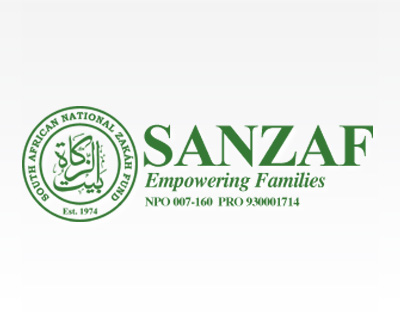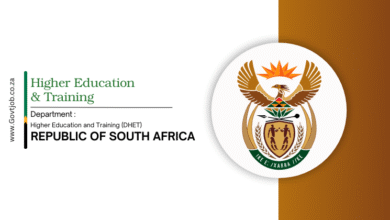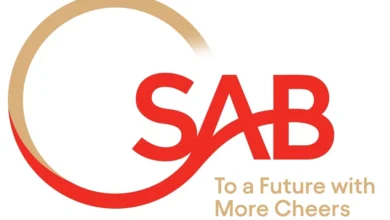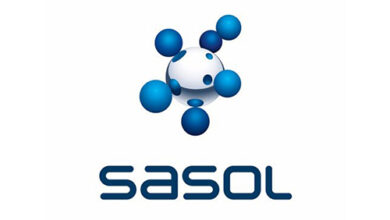SANZAF Bursary Program Opportunity For SA Students

Applications and Selection Procedures:
- Created on Monday, 30 November -0001 01:30
- Applications close at 5pm on Friday, 30 September 2016
- The Bursary Committee will review and shortlist potential candidates.
- Interview dates, venues and time slots will be communicated by 6 November 2016 via email.
- Interviews will be conducted either on Saturday, 19 November 2016 or Saturday, 26 November 2016 . All applicants are to ensure that they are available on these dates.
- All supporting documentation must be submitted by 16 January 2017. Failure to do so will result in disqualification.
- Candidates will receive feedback regarding application status by 27 February 2017.
- Successful applicants will receive a Confirmation of Pledge letter after 29 February 2017. This letter will indicate the dates by which payments will be made.
- All payments will be made directly into the account of the institution.
- Applicants must secure their own registration fees.
- The pledged amount will be paid in one instalment.
- Students will not be entitled to withdraw any funds paid by SANZAF even if the balance is in their favour.
- The information supplied in the application form is confidential. Where necessary some information will be made available to members of SANZAF, the SANZAF Bursary Committee / the SANZAF Interview Panel and with other organisations providing bursaries.
- SANZAF reserves the right to use any photographs / details of achievements for marketing purposes.
Please find below the link to the SANZAF Western Cape Bursary Application 2017:
SANZAF Western Cape Bursary Application 2017
Please find below the link to the SANZAF Eastern Cape Bursary Application 2017:
Who Qualifies And Who Should Apply For A Sanzaf Zakah Bursary
- Created on Monday, 30 November -0001 01:30
This brief article is meant to highlight and conscientise the applicant and the applicant’s family as to who may apply and qualifies for a SANZAF Zakah Bursary. It is meant to raise moral / ethical issues in the hearts and minds of the applicant and the applicant’s family.
However, as the onus or burden of proof for eligibility to receive Zakah rests with the applicant and the applicant’s family, it is important that both the applicant and the applicant’s family read and understand the content of this document before submitting an application form. We apologise in advance if we offend anyone in the process.
To begin with, let it be known that the South African National Zakah Fund (SANZAF) is committed to the upliftment and empowerment of the community. This objective is realised through several developmental programmes undertaken by us. However, the primary target group in this regard are those that society in general have forgotten or neglected and who are generally described a “poverty stricken” individuals / families, i.e. the unemployed, those with menial or low paying jobs and those with insufficient income.
Also, the Shariah has identified eight categories of recipients of Zakah, namely:
- The Poor
- The Needy
- The Administrators of Zakah
- The Reverts
- Those in Debt
- Those in Bondage
- Those (striving) in the path of Allah
- The Wayfarer
The English translations above give a general sense, rather than the specific intent, of who the Shariah intended to benefit through the institution of Zakah. To that end, only some of the above categories may qualify for a SANZAF bursary, viz.:
The Poor:
Generally, those that are unemployed (due to unavailability of work or an inability to secure work due to a lack of skills). It will not include for example, people who can work or have work opportunities – even if unrelated to their skills set or professions. For example, people unwilling to take up some of other form of employment due to pride or an unemployed carpenter unwilling to take up employment as a driver or an unemployed accountant unwilling to take up employment as a cashier, etc.
The Needy:
Generally, those that are employed, even as professionals, but whose income is insufficient to cover basic living expenses. However, while the Shariah makes an allowance for basic necessities to be exempt from Zakah, for example; a home, mode of transport, furniture, clothing, etc. it also balances the need to own and acquire assets by urging moderation, non-extravagance and living within ones means. The latter may include planning for the likes of education or other eventualities at the expense of luxuries and conveniences etc.
Those in Debt:
Generally, those who through circumstances beyond their control, find themselves in debt and are unable to settle same from existing assets, even if it means selling personal assets. Usually one who is faced with the prospect of a legal challenge that will render one insolvent.
Zakah is by design an outright grant, i.e. it is not a loan that needs to be re-paid. Therefore, one cannot justify ‘borrowing’ Zakah with the intent of paying it back later without taking the necessary steps to ensure that one qualifies for Zakah in the first place. However, while there is no obligation to repay Zakah, one may voluntarily ‘re-pay’ it or contribute to such a fund if one so wishes. The nature or intention of any such ‘repayment’ will be judged by Allah.
Wits university article
- Created on Friday, 27 March 2015 08:36
The South African National Zakaah Fund (@SANZAFSA) has donated R2.2 million towards bursaries for Wits students:
http://www.wits.ac.za/newsroom/newsitems/201503/25984/news_item_25984.html
SANZAF students make their mark…
The South African National Zakah Fund (SANZAF) is a faith based organization that organizes a number of outreach activities and extends its services throughout the country. Besides assisting those in need, SANZAF strives to empower, develop and nurture the youth across the Peninsula through the SANZAF Education Empowerment and Development (SEED) programme. The programme focuses on Early Childhood Development, Youth and Community Development, Islamic Studies, Vocational Training and Higher Education. Based on a stringent criteria, SANZAF supports students in need of financial assistance for further studies, allowing them to venture off into a brighter future without the strain of financial difficulty and armed to face the world of work.
Students share some insightful thoughts on their experiences…
To contribute financially or in kind to a SANZAF project or programme, contact 0861 726 923 or visit www.sanzaf.org.za, like SANZAF on Facebook or follow @SANZAFSA on Twitter.




